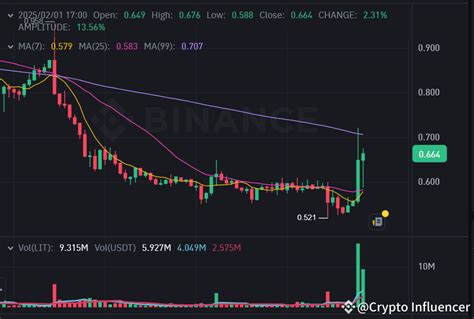Here is a comprehensive article on crypto, circulating supply, decentralized finance (DeFi) and non-fungible tokens (NFT).
“The Rise of the Blockchain: How Cryptocurrency, DeFi and NFT are Revolutionizing Finance”
In recent years, the world of finance has seen a significant transformation with the rise of blockchain technology. At its core, blockchain is a decentralized ledger that enables secure, transparent and efficient transactions over a network of computers. As we enter the realm of cryptocurrencies, decentralized finance (DeFi) and non-fungible tokens (NFTs), it is clear that blockchain has become an indispensable tool for transforming various aspects of finance.
Cryptocurrency: Pioneer of Blockchain Technology
Cryptocurrencies, such as Bitcoin and Ethereum, are the first decentralized digital currency. It was created to enable peer-to-peer transactions without the need for intermediaries such as banks or governments. Cryptocurrencies are secured by complex mathematical algorithms called “mining,” which involves solving a computer puzzle to validate transactions on the blockchain.
Supply Chain: Cryptocurrency Limits
One of the most significant advantages of cryptocurrency is its limited supply, which ensures that it remains rare and valuable over time. There are only an estimated 21 million Bitcoins in existence, and new coins are created through mining. This scarcity adds to the value of each coin and makes them highly sought after by investors.
Decentralized Finance (DeFi): A New Era for Financial Services

DeFi has emerged as a major player in the world of finance, offering a range of financial services that are accessible to anyone with an internet connection. DeFi platforms allow users to access loans, lines of credit, and other financial instruments without the need for traditional intermediaries.
One of the key features of DeFi is its ability to leverage smart contracts, which are self-executing contracts with the terms of the contract written directly in code. These contracts automate various financial processes, such as lending, borrowing, and trading, allowing users to access a wide range of financial services without the need for intermediaries.
Non-Fungible Tokens (NFTs): Art, Collectibles, and More
NFTs are digital assets that have unique characteristics, such as ownership and scarcity. They can be bought, sold, and traded like traditional art or collectibles, but with an added bonus: they exist exclusively on the blockchain. NFTs have become increasingly popular in recent years, and artists, musicians, and other creators are using them to sell unique digital assets.
NFTs can be used for a wide range of purposes, including art, music, and even collectibles. For example, a digital artist could create an NFT of their artwork, which can then be sold or traded on online marketplaces like OpenSea. Similarly, musicians could create an NFT of their album covers or concert recordings, allowing fans to own a unique piece of digital property.
Conclusion
The rise of blockchain technology has transformed the world of finance in ways that were previously unimaginable. Cryptocurrency, DeFi, and NFTs are just three examples of the many innovative financial services being developed on this new frontier. As we look to the future, it is clear that blockchain will continue to play a major role in shaping the way we think about money and finance.
Key Takeaways:
- Blockchain technology is revolutionizing the world of finance with its secure, transparent, and efficient transactions.
- Cryptocurrency has become an indispensable tool for financial services, offering limited supply and value driven by scarcity.
Deixe um comentário